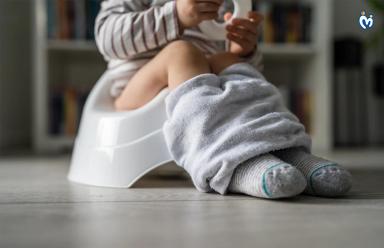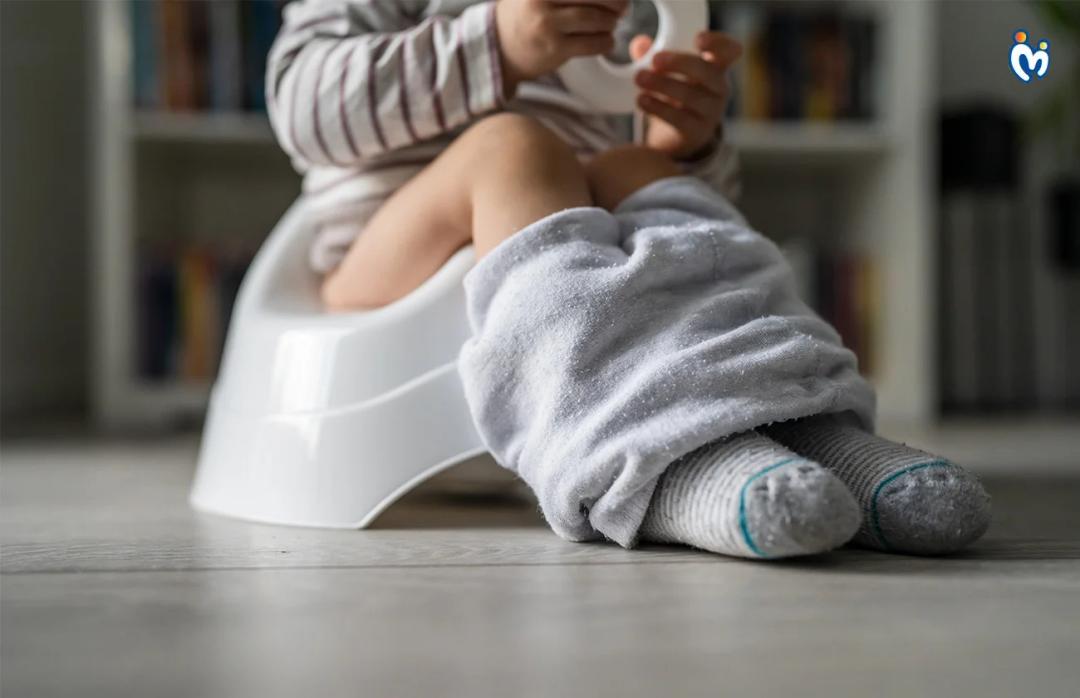What is Not Normal:
In case you are not able to make out whether your little one is having diarrhoea or not, let us tell you of a few sure shot signs that will help you recognise it. You will know that your little one is suffering from diarrhoea if his/her stools are runny and not soft and formed anymore. If the amount of her stool has increased and so has the frequency, then there is a chance she might be having diarrhoea. Diarrhoea, however can be prevented if you decide to continue to breastfeed your baby, since breast milk helps prevent the growth of the bacteria that results in diarrhoea. The main problem with bottle fed babies is that sometimes there is the possibility that the equipments might not have been sterilized properly. As a result of this the chances of bacterial infections grows and so does the chance of your baby getting diarrhoea. There can be quite a few reasons for your baby getting diarrhoea. These could include but not be restricted to things like gastroenteritis, some sort of reaction to a particular medicine, food allergies, or even the fact that your baby might have had too much of fruits or juices. In case of teething, there is a chance that your little one’s stool might be looser than usual, but in no manner does it mean that he/she would be having diarrhoea as a result of that. If by chance your baby’s diarrhea does not clear up with the help of medicines in 24 hours, then you need to take the little one to the doctor as soon as possible, since the chances of your baby getting dehydrated due the motions are quite high. It is usual for babies to strain or cry a little when they are passing stools and this is not way means that they are constipated. On the other hand however, things like the stools being extremely dry or small and stools have tiny specks of blood in them caused by tiny breaks in the skin due to the hard stool could be an indicator of a constipated baby. There can be plenty of reasons that might cause constipation. These can include anything from fever and certain medications to change in diet or fluid intake. The moment you realize your baby is suffering from constipation take him/her to the vet immediately especially if you notice that there is blood in the stools. Pale coloured stools might indicate the presence of some kind of liver disease, the most common of which is jaundice. Most babies have jaundice at the time of birth, but it gets cleared within a few weeks. If even after that, you notice that your baby is still passing pale stools then you need to take the little one to the doctor and get him/her checked out. Always remember to keep and eye on how your little one’s poop seems as this does prove to be a brilliant indicator of your little one’s overall health.
















